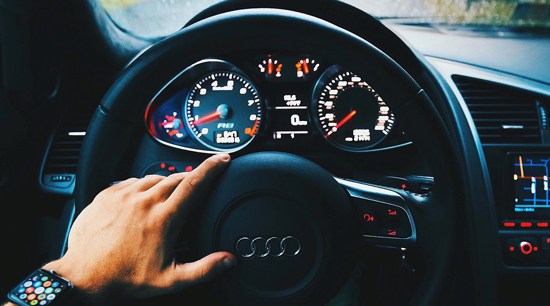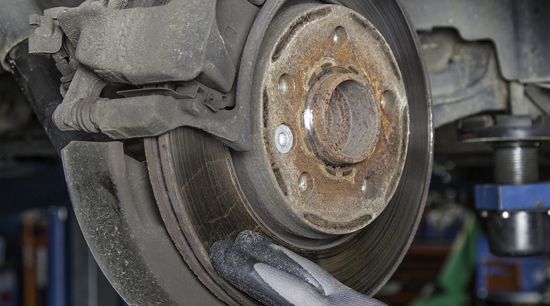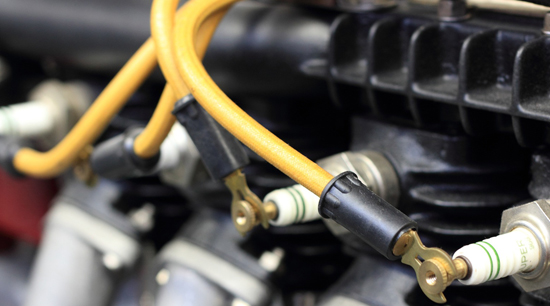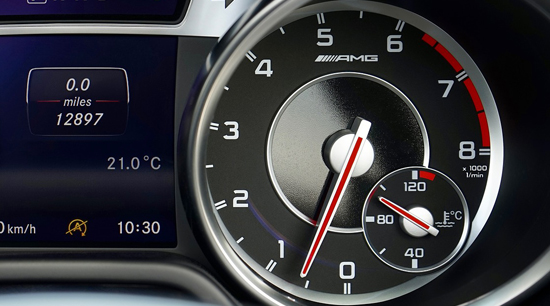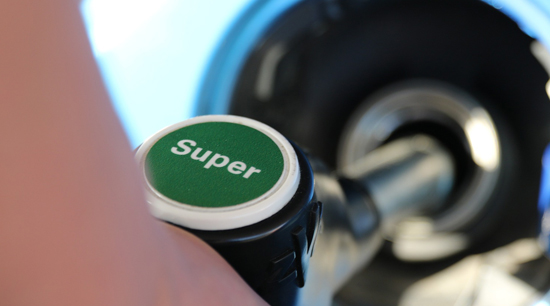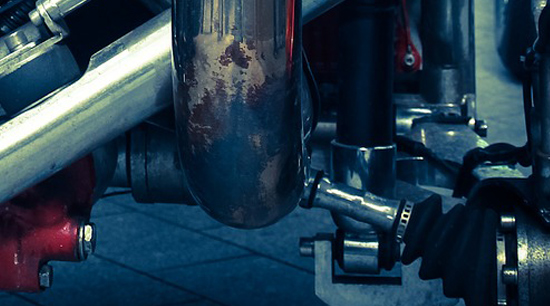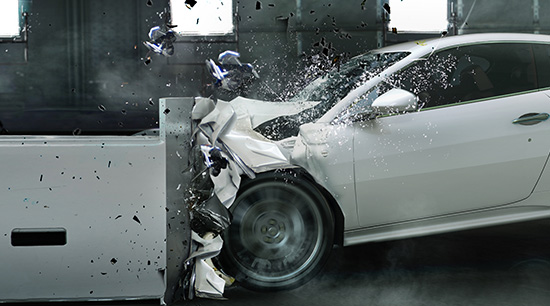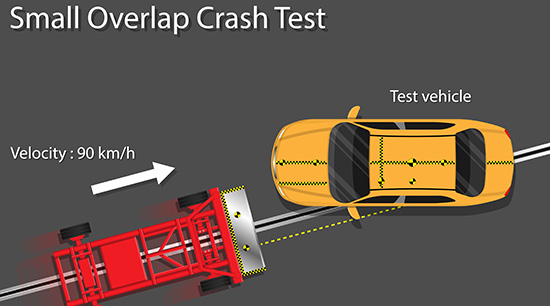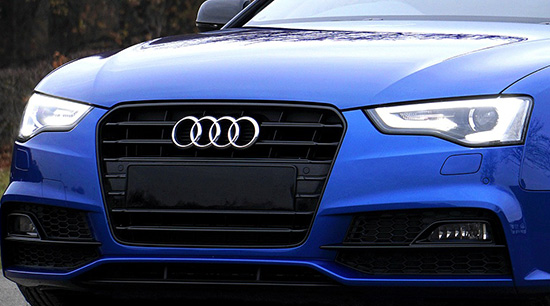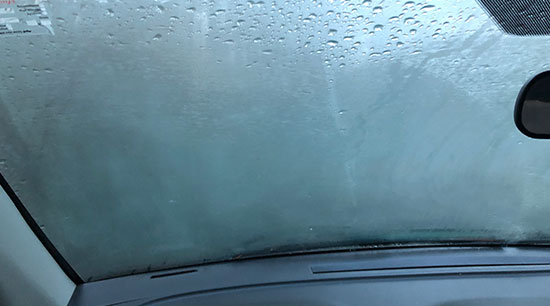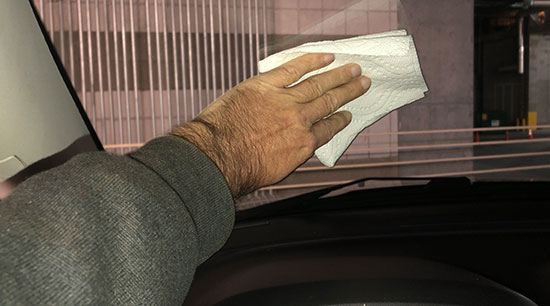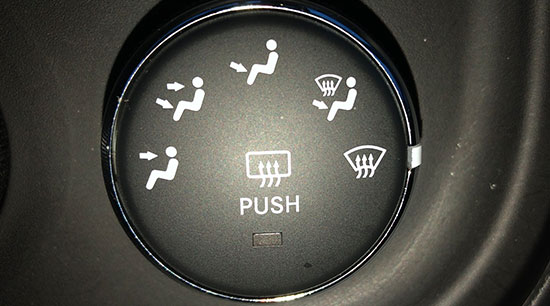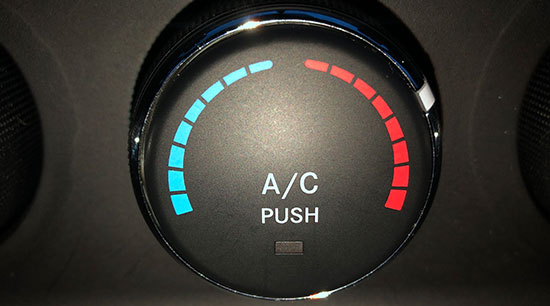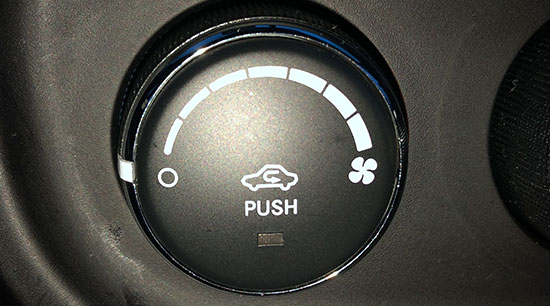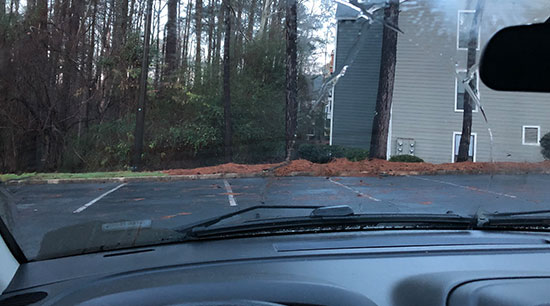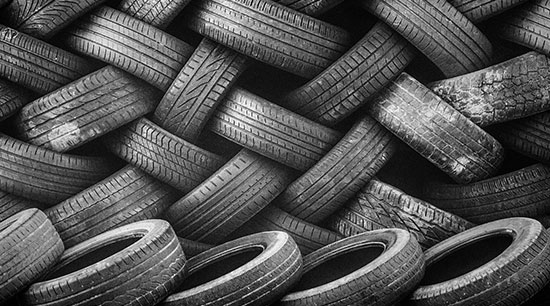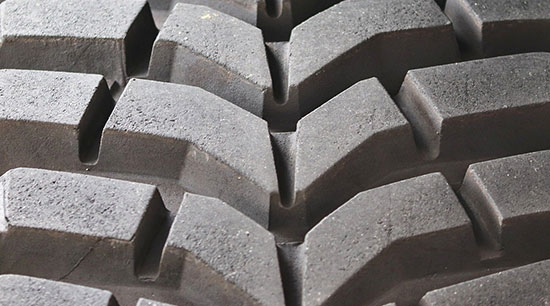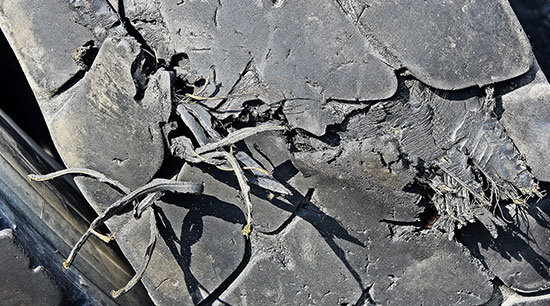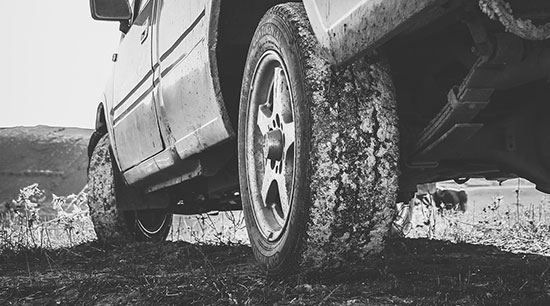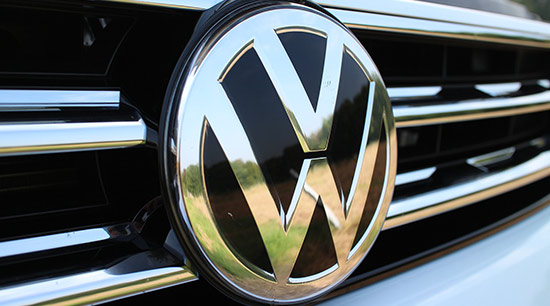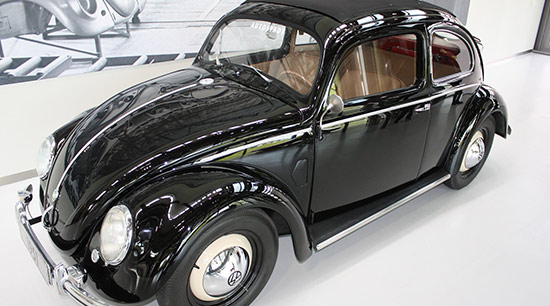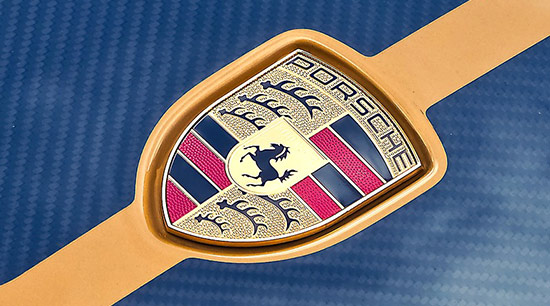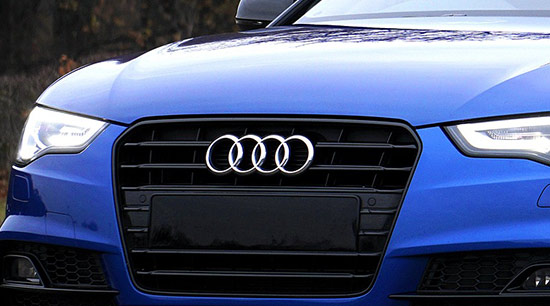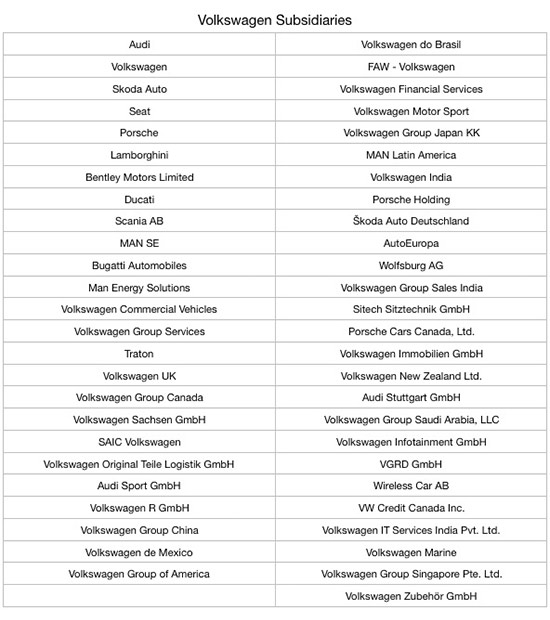Avoid causing expensive car damage by failing to address your squealing brakes. Brakes can squeal, squeak, or grind for a number of reasons, some of which must be addressed immediately for your safety on the road.
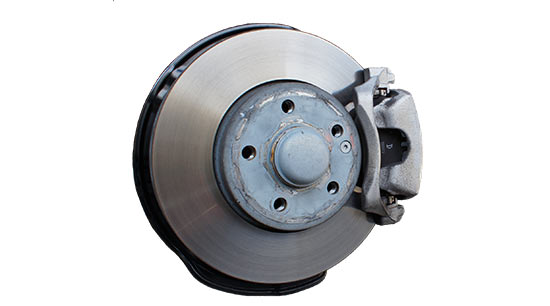
Autobahn gathered information about why your brakes may squeal, squeak, and grind, and how to get them fixed.
Reasons Your Brakes Squeal, Squeak, and Grind
When the most powerful system of your vehicle (your anti-lock brake system) starts to squeal, squeak, or grind, it’s an indication that something is wrong and should be checked out. The following are some of the reasons your brake system may squeal, squeak, or grind:
Worn Brake Pads – When the friction material on your brake pads wears down, the steel backing of the brake pad makes contact with the rotor (disk) producing a squeal and/or grinding sound.
According to cars.com Some brake pads are equipped with a wear indicator that makes contact with the rotor and emits a high pitched squeal when it is time for them to be replaced.
By allowing this scenario to persist, you risk severe damage to the rotors and brake calipers, leading to costly damages and potential brake failure on the road.
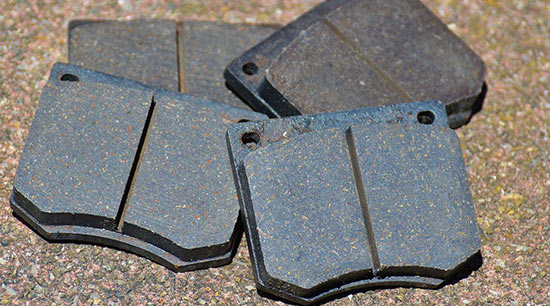
Insulation Shims – Behind your brake pads, an insulation shim, or silicone insulation gel that prevents the brakes from squealing.
If you just had your brakes replaced or serviced and they are squealing, chances are that the brake pad insulator was not properly installed.
Return to the brake shop and have them inspect the brakes to verify the proper installment of your brake pad insulators.
Glazed Pads or Rotors – A malfunction in the braking system may cause the brakes to stay partially applied. This constant contact creates friction and immense heat, which causes the pads and rotors to harden and crystallize.
When the crystallization of your pads and rotors takes place, the friction used to stop your vehicle is significantly reduced, and they will undoubtedly produce a squealing sound.
Glazed pads must be replaced, and rotors resurfaced to return stopping power to your brake system.
Warped Rotors – As your rotors wear down, the potential for them to warp becomes greater. Once they have warped, they will no longer allow the brake pads to make even contact and will result in a squeal or a squeak.
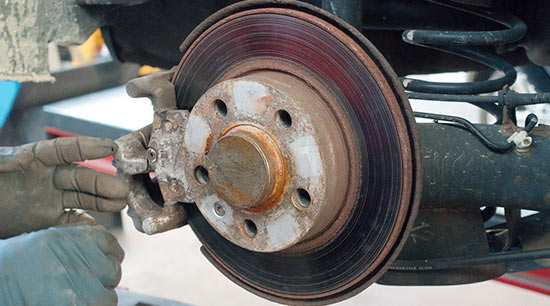
Warped rotors should be replaced as quickly as possible to avoid brake malfunction or failure while the vehicle is in operation.
Bad Rotor Surfacing – Whenever a brake job is performed, the rotors should be resurfaced to remove any glazing, grooves, or imperfections. Imperfections left on the rotors may cause squealing or squeaking when the brakes are applied.
Once the rotor surface is “true,” a non-directional finish is applied to help break in new brake pads and prevent “ride up.”
When brake pads ride up, they may cause a clicking noise, break the anti-rattle clips, or cause premature wear on the caliper pin.
Weather and Driving Conditions – Factors including dusty conditions, the temperature of the brakes, how hard you use your brakes, and even the humidity level can all cause your brakes to make some noise.
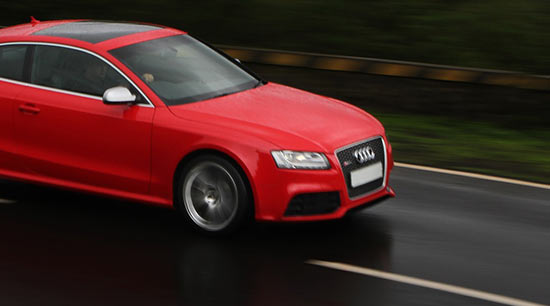
Noises from these factors are temporary and will generally go away after operating the vehicle for several minutes. However, the persistence of these noises is a clear indication that something has gone wrong with your brake system.
NOTE: If you had your brakes serviced or replaced recently, return to the shop and have them fix the issue. This repair should be covered under the terms of the brake job warranty (depending on the warranty and the elapsed time since the brake job).
How Do I Stop My Brakes from Squealing?
When your brakes are intermittently squealing or squeaking, there is a slim possibility that it will go away on its own. When the noises persist into the next day, it is an indication that you need to have your brakes looked at by a trusted mechanic.
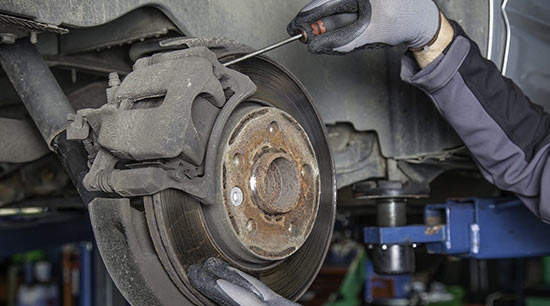
When your brakes emit a grinding noise or a “metal on metal” sound, there is no waiting period. This is an urgent situation that requires immediate attention.
The most efficient way to stop your brakes from making noise is to get your vehicle to your mechanic. Often, there is a more significant problem brewing behind noisy brakes, which may lead to severe damage and costly repairs.
Fixing Squealing Brakes
In this article, you discovered the many reasons that brakes squeal, squeak, and grind, and what actions you should take to get them repaired.
By having your brakes inspected and serviced at the first sign of trouble, you ensure your peace of mind while operating your vehicle.
Don’t let your squealing brakes turn into a safety hazard and result in significant damages to your vehicle or a deadly accident.
Sources:
popularmechanics.com/cars/car-technology/a3092/fix-squeaky-brakes/
carkeys.co.uk/guides/should-i-worry-about-squeaky-brakes
Autobahn Performance
(770) 409-8288
